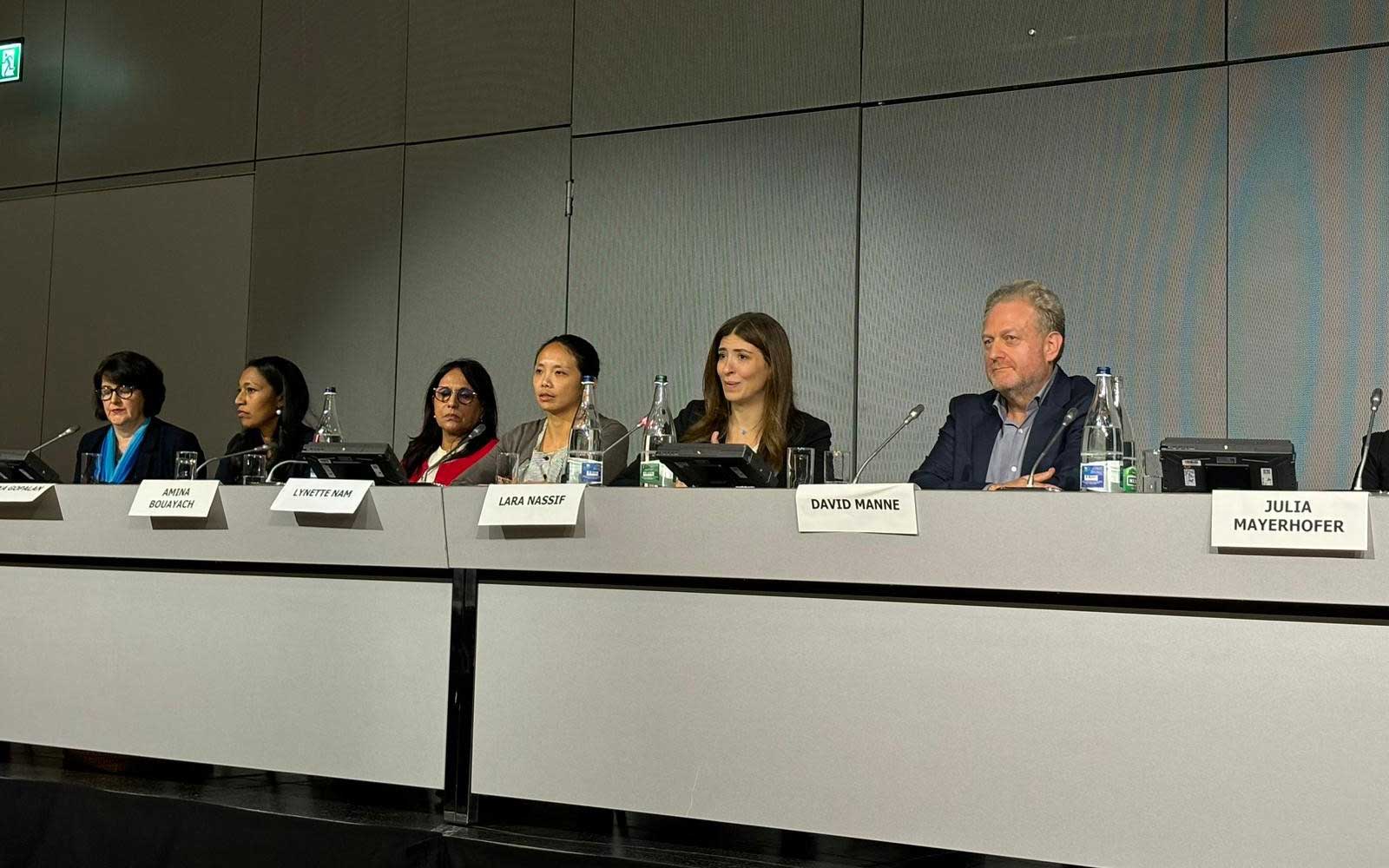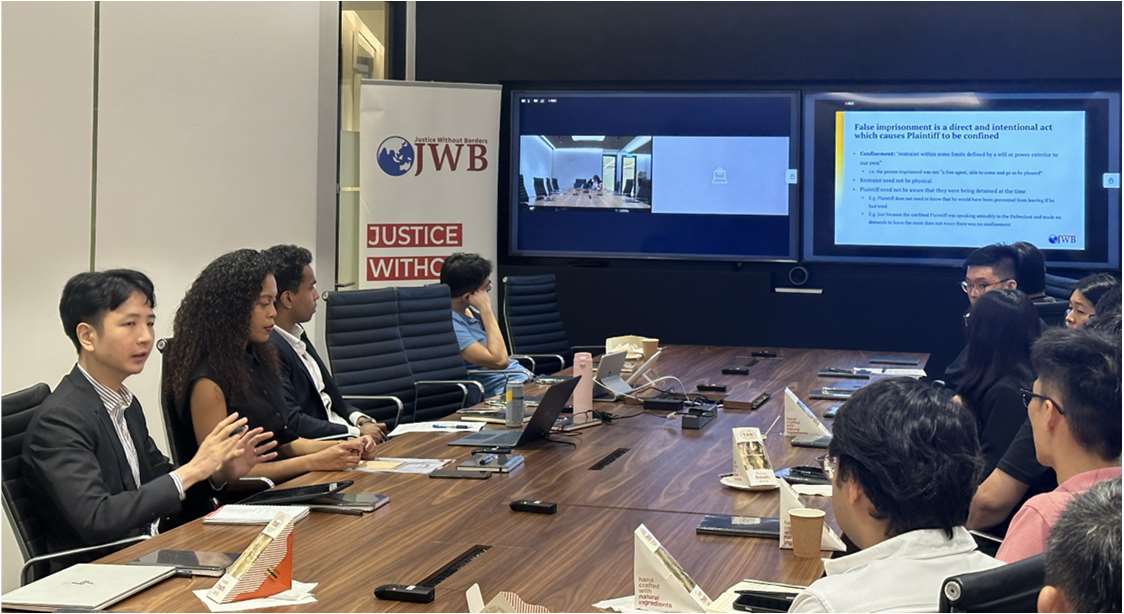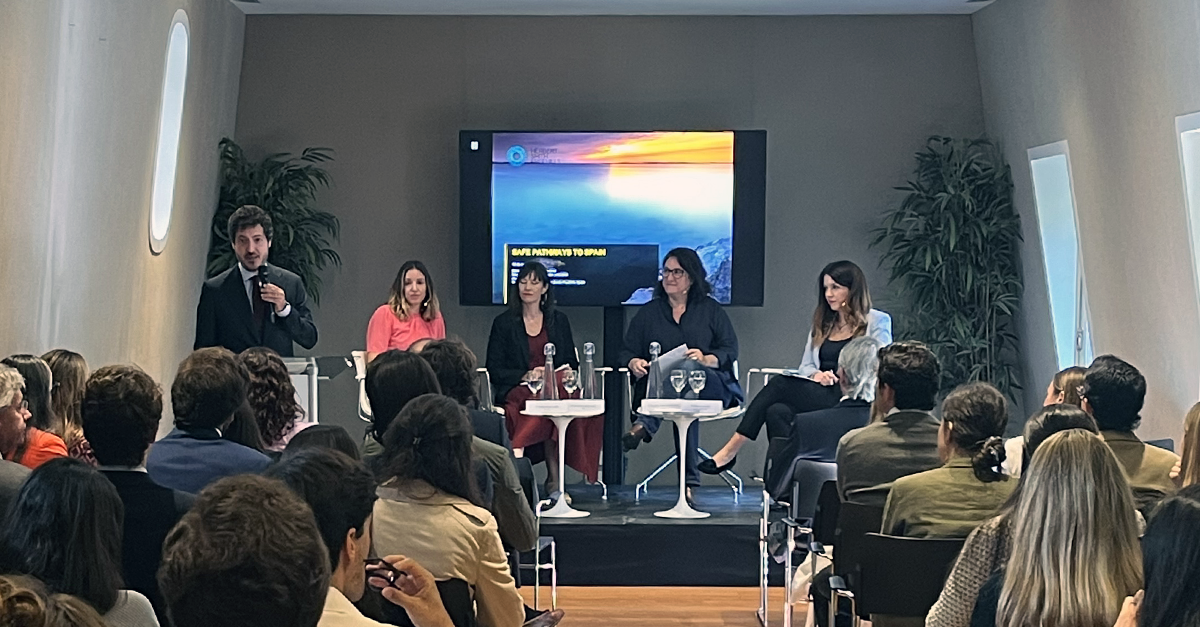Changes in migration flows in Europe, including those due to the crises in Ukraine and Afghanistan more recently, have led to the increased frequency of violations of the human rights of asylum-seekers, refugees and migrants. The Italian Coalition for Civil Liberties and Rights (CILD), human rights lawyer Dr Daria Sartori and eight international law firms, including Herbert Smith Freehills, launched the Rule 39 Initiative in response. Since the Rule 39 Initiative launched, it has been steadily securing life-altering support to displaced persons across Europe.
The project derives its name from Rule 39 of the Rules of the European Court of Human Rights (ECtHR), a provision allowing applicants to seek interim relief in case of imminent risk of irreparable damage to human rights. Rule 39 requests are typically used by NGOs to:
- Stop collective pushbacks of asylum seekers
- Prevent expulsion or extraditions of vulnerable individuals to countries where their human rights are at risk
- Ensure the provision of dignified reception conditions
- Ensure the provision of life-sustaining food and water to refugees and asylum seekers stuck at, or between, borders.
Owing to the urgent relief that can be granted, Rule 39 can be used to stop active human rights abuses. The Rule 39 initiative’s initial focus was on assisting NGOs to use this form of relief more effectively. Faced with a wider need for assistance, however, the project now also supports individual applications under Article 34 of the European Convention of Human Rights.
A number of volunteers across our London and European offices are supporting the Rule 39 Initiative, working on research, drafting submissions and preparing evidence for the European Court of Human Rights, under the supervision of Dr Daria Sartori.
Read more about the Rule 39 Initiative’s work here: How the Rule 39 Initiative saved the lives of migrants held on the edges of conflict in Ukraine ⁄ Open Migration




